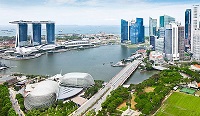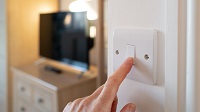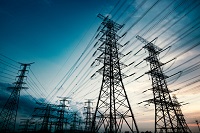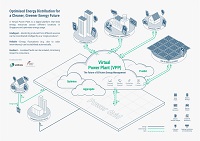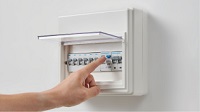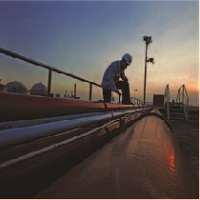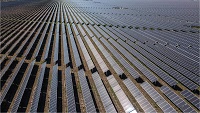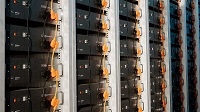We thank Mr Seah Gang Xin (Extend smart meter initiative to schools, new homes, 15 Nov) and Mr Goh Wei Qi (Smart meters really the smart solution? 16 Nov) for their feedback on the use of advanced meters to encourage consumers to be more energy efficient.
Over the next five years, advanced meters will be rolled out to all residential premises. New residential premises will have advanced meters installed from the start, while the analogue meters at existing premises will be replaced with advanced meters when they reach end-of-life. Non-residential premises, including schools, will have advanced meters installed when they switch to buying electricity from retailers. To raise students’ awareness and educate them on energy as a scarce essential resource, we collaborate with the Ministry of Education and schools to develop energy-related educational materials. In addition, we have introduced out-of-classroom experiences, such as learning journeys for students to appreciate the workings and challenges of our energy system.
With advanced meters, households can access and track their half-hourly electricity consumption via the SP Utilities mobile app developed by SP Group. The app provides detailed consumption data as well as energy saving tips and features to nudge households to be more energy efficient. While advanced meters cost more than analogue meters, all consumers have the potential to enjoy energy and cost savings if they make use of the additional consumption information to adjust their consumption behaviour. This will also lead to overall benefits for Singapore..
The advanced meters deployed in Singapore are designed and tested to meet stringent safety standards set by the International Electrotechnical Commission.
More details can be found at www.spgroup.com.sg on the installation of advanced meters for households and the SP Utilities mobile app.
Soh Sai Bor (Mr)
Assistant Chief Executive (Economic Regulation)
Energy Market Authority
……
ST: Extend smart meter initiative to schools, new homes, 15 Nov
By Seah Gang Xin
I am pleased to hear about the new smart meter initiative as it provides home owners more information on their energy use (Smart meters to help more homes go green, Nov 6).
This is a step towards more sustainable energy consumption as it empowers them to take charge of their own energy use. It would be good to extend this initiative to schools, as well as make it a standard feature in future homes.
Having smart meters in schools would be a good learning experience and an opportunity for students to learn about energy conservation. They would provide information about how much electricity is being consumed at a school's various venues.
Students would be able to visualise the impact of energy conservation methods learnt in school, such as switching off the fans after leaving class, or turning off the main power instead of leaving a device on standby mode.
Seeing the actual impact would promote memory retention and translate to good energy-saving habits in the future. This would also tie in nicely with the science syllabus for both primary school pupils and lower secondary school students.
As for households, the installation of a smart meter is not mandatory for all households as different energy distributors have different requirements.
Moving forward, it would be good if future flats built by the Housing Board could have smart meters built in from the start. This will allow new home owners to take ownership of their energy use when they get their new homes, developing a good habit from the start.
Having the smart meter present from the start is also convenient for home owners as they will not need to schedule an appointment and experience electricity downtime while the smart meter is being installed.
……
ST: Smart meters really the smart solution? 16 Nov
By: Goh Wei Qi
Environment Correspondent Audrey Tan explained the benefits of replacing the analog meters with advanced meters (Smart meters to help more homes go green, Nov 6). This is a brilliant initiative to get users to reduce their energy consumption. However, it does come with its downside.
The report suggests that this initiative will be made mandatory. Not all homes contribute to high energy consumption, so consumers should be allowed to opt out.
Also, there is little information on the negative implications of having these smart meters.
I cite Portland General Electric (PGE) in the US, and BC Hydro in British Columbia on their cases of fire outbreaks from "electrical component failures" of their smart meters.
The authorities should give the public some assurances that such incidents will not happen here.
I also understand that this switch to smart meters could be costly, in both monetary and environmental terms. For instance, there may be an increase in the use of electricity to maintain the servers that update consumption usage every half hourly.
At the end of the day, consumers would want to know if this initiative is truly effective in helping to conserve energy, reduce pollution and save money.
For this initiative to be truly successful in Singapore, more educational campaigns have to be undertaken or the whole project could end up being a white elephant with consumers neglecting to use the app.
……
